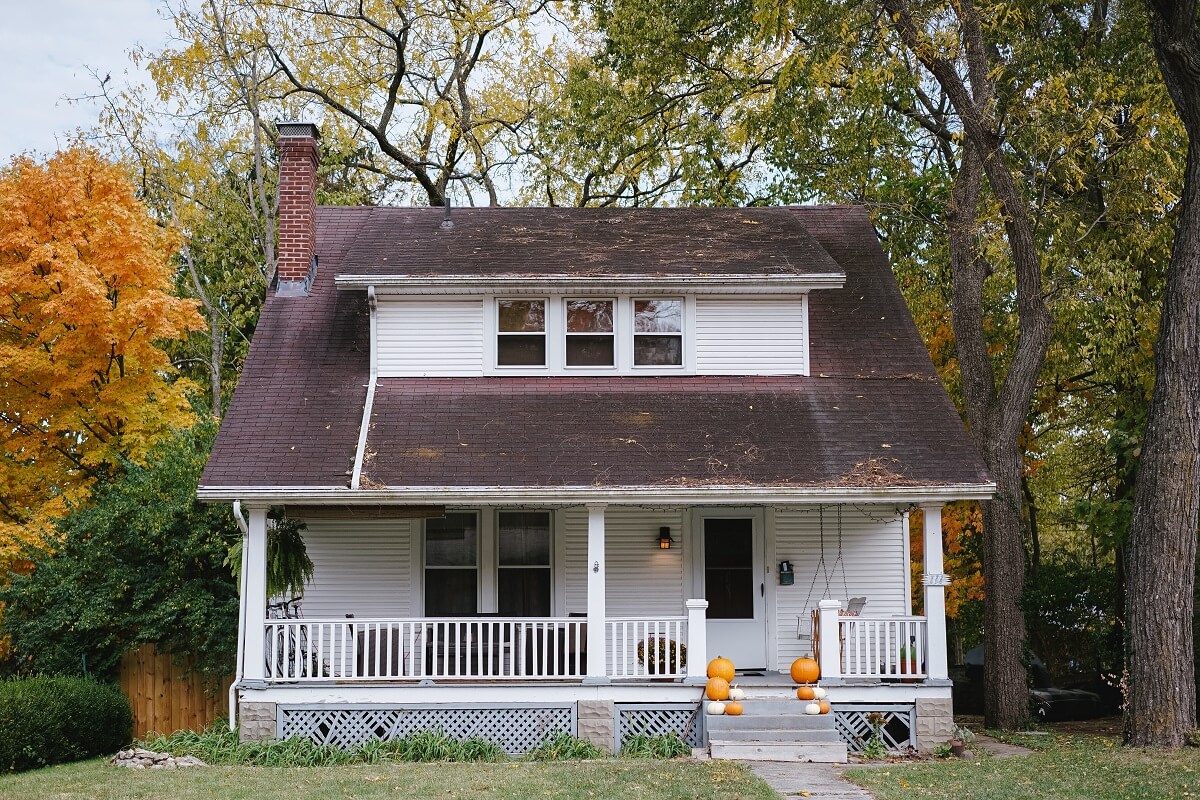
Philly’s housing supply is at present sitting at an all-time low with transactions happening faster than they ever have. Because it is such a competitive market, some home buyers are considering a “fixer upper,” even if they weren’t interested before in any renovation project. There are just as many risks as there are rewards when it comes to selling a home that may need work in Philly. In this article, we’ve outlined a few things you need to know about fixer uppers.
What Is a Fixer Upper?
The term fixer upper once meant a home that was in need of repair. Those who were handy or with a limited budget would buy these properties as their new residence and over time bring them up to date. Today, the term is more well-known, thanks to the countless shows on TV that showcase house flipping. Today, home buyers are more than ready to buy homes that need some work instead of buying turn-key homes.
Competition for Fixer Uppers
Through the rapid appreciation of the various real estate prices over the last decade, the competition for these homes is higher than it has ever been. Developers, contractors, buyers and investors who buy houses as is are looking for these as their primary residence are competing with one another for the chance. There is no shortage of tutorials and advice on DIY projects to make home buyers feel more adventurous when choosing fixer upper projects. This, paired with the historically low housing inventory right now full of turn-key homes, is causing a demand for these types of houses.
Benefits of Selling a Fixer Upper
The biggest benefit of this type of sale is the ability for the home buyer to fully customize and personalize the home exactly as they like it. Buyers can create their dream home with ease. It is a highly rewarding and fun experience that many buyers are now looking forward to. All of the personalization of the home also gives it value, which can offer equity that can then be used in the future to refinance or sell the home if the market is moving in the right direction.
Usually, in a tame market, having a fixer upper will let you get a better price compared to any maintained property that has not fallen into disrepair. On the other hand, a tight inventory market will mean that the buyer has to pay for a distressed property at a discount that is lower than others.
Downsides of Selling a Fixer Upper
To be able to fully renovate a home in Philly, you will need a line of credit or plenty of cash. This is in addition to the cash that you’re going to need to buy the home itself. This means that the funds needed for the renovation can feel like a barrier for many buyers. Furthermore, banks might not always want to lend money for homes that require a lot of repair work; FHA loans are especially hard to secure for fixer uppers.
Cost overages are another risk that comes with a fixer upper. If the budget is not stable due to unforeseen costs that can and usually do arise that can quickly add up, finishing the work can be difficult. If you use a contractor, they may not be able to continue to work for what you are prepared to spend, so make sure you have extra wiggle room in your budget to allow for this.
Finally, you’ll need to decide where you plan to live during construction. If you are going to gut the entire house and can’t live on-site, you’ll need even more money to pay for rent somewhere else. This can be inconvenient and stressful for many.
Where Are Philly Homebuyers Looking for Fixer Uppers?
Opportunities to get a fixer upper can show up in any neighborhood if you are watching the market. Even so, given the need to both get the funds to renovate and to acquire the property, many buyers will usually look in neighborhoods that have a lower than average listing price.
Best Neighborhoods in the City for Fixer Uppers:
• Grays Ferry
• Manayunk
• Point Breeze
• Strawberry Mansion
As time goes on, an increase in the availability of development rehabilitation projects will ultimately drive up prices. During the same period of time, there will likely be fewer fixer upper houses to take advantage of. Be advised that if you are in the market for a home that may need renovating, it is important to decide what neighborhoods you are interested in, set alerts for new listings and be prepared to move quickly on an opportunity.



